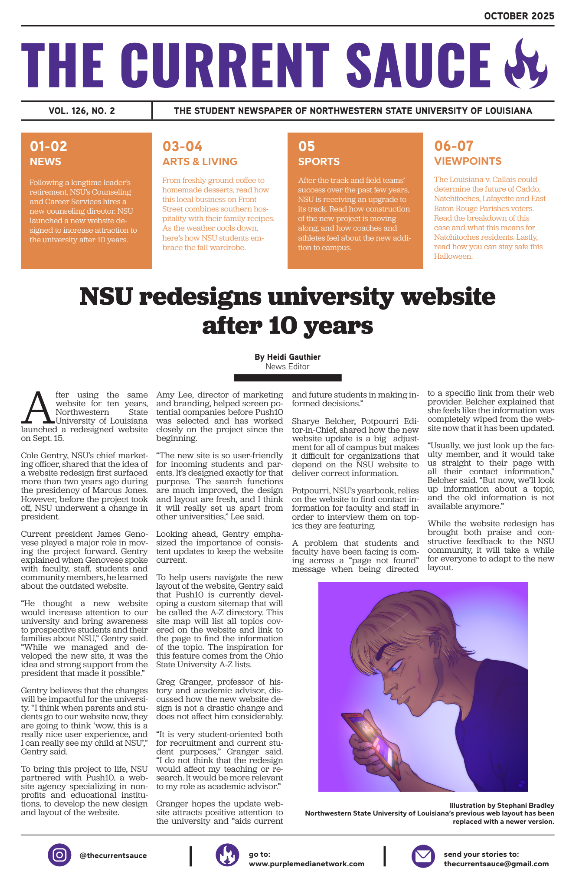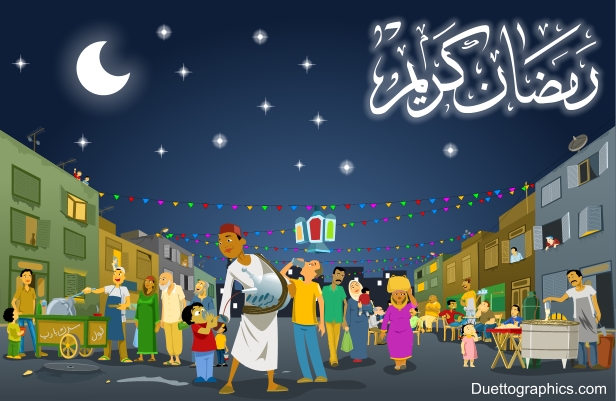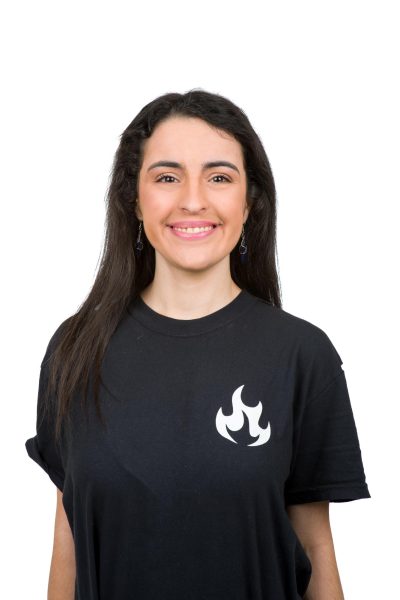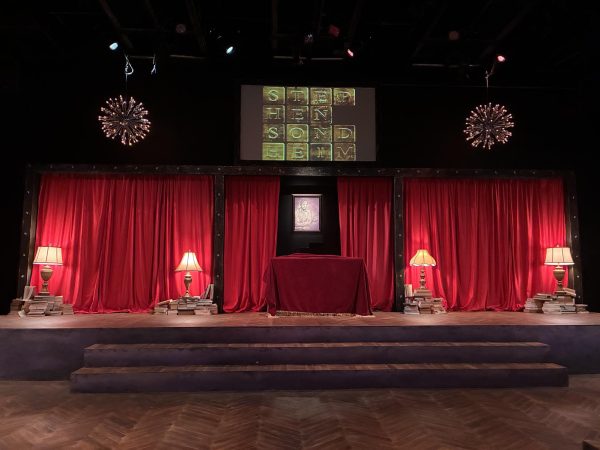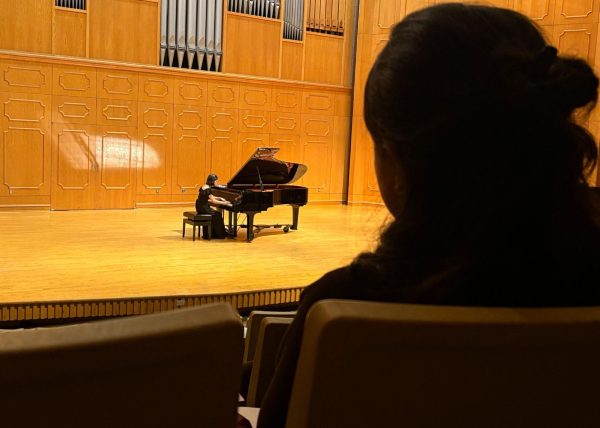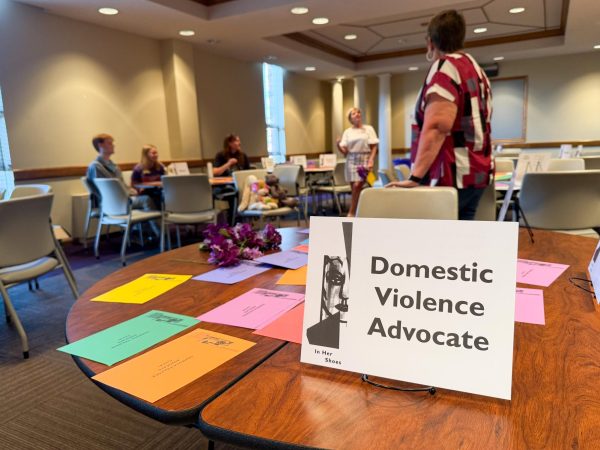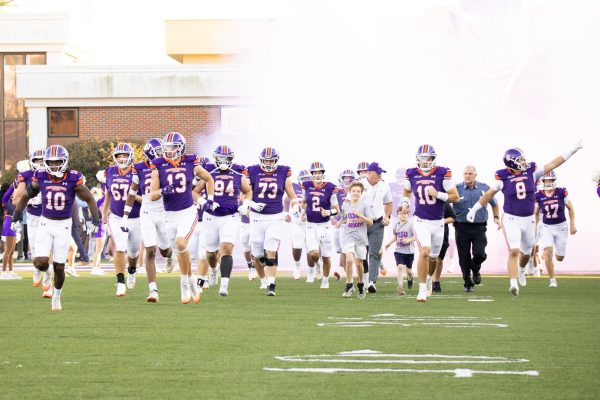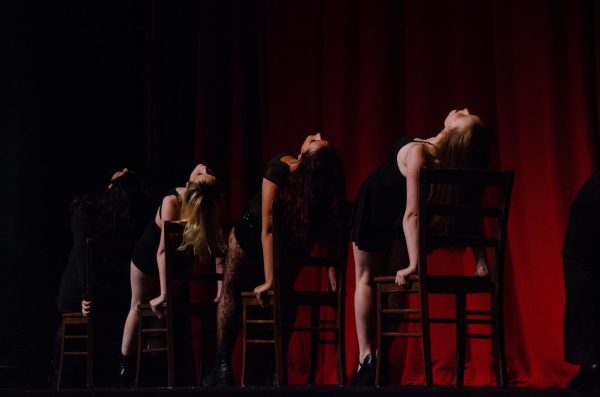Natchitoches and NSU celebrate Ramadan
“1 AGO 2011 – RAMADAN KARIM / رمضان كريم” by Rui Ornelas is licensed under CC BY 2.0.
Ramadan is a special time, not just for Muslims around the world, but also for the members of the NSU community. It is a month of closeness to God, growth in faith and spending time with loved ones.
On March 22, 2023, Muslims around the world began their observance of Ramadan. Ramadan is marked by prayer, fasting from sunrise to sunset (yes, not even water) and extra acts of worship. Ramadan is considered holy in Islam because it is believed to be the month in which the Quran (Islam’s holy book) was revealed to the Prophet Muhammad.
The month of Ramadan is special to many students and faculty in the Northwestern State University of Louisiana community for a variety of reasons. For example, many value Ramadan as an opportunity to get closer to God and to spend time with loved ones.
Zaiba Daud, an international student from Bangladesh, said that she hopes to use the month of Ramadan as a time to get closer to God and to grow into the best version of herself.
“To me, Ramadan is such a time where I can practice self-restraint, to become closer with my Lord by observing fast and ibadat (read: acts of worship) and I always try to abstain from all kinds of bad deeds,” Daud said. “It’s like molding into the best versions of ourselves as a Muslim and human being this month.”
Sadeem Nahhas, a professor in the English, Cultural Studies, and Foreign Language department from Egypt, sees Ramadan as a time to focus on what really matters.
“To me, Ramadan is a time for recalibration,” Nahhas said. “Life is full of distractions, and Ramadan presents me with an opportunity to reset my priorities and focus on God.”
Balancing out Ramadan observances with classes and exams can sometimes be quite difficult, but students and faculty members find ways to make it work.
For example, Abdullah Yusuf, an international student from Bangladesh, said that this year marks his first Ramadan away from his home and his family. He acknowledges that fasting is difficult, but by staying focused, he manages to balance it all.
“If I can engage myself in studies, classes, work and prayers the day can pass easily and ultimately when we eat during sunset that brings a really wonderful feeling,” Yusuf said.
Rondo Keele, an associate professor at the Louisiana Scholars’ College, expressed similar sentiments.
“It’s not easy, but I suppose by trying to keep organized, by reducing other commitments as much as possible,” Keele said.
Just like anything else, time management is important when one is trying to balance school with the observance of Ramadan.
Amidath Tidjani, a freshman nursing major, said that she tends to plan and organize her time around Ramadan, as it is an obligation of every Muslim.
“Fasting in the month of Ramadan is one of my obligations towards Allah; the month of Ramadan has always been prepared for by all Muslims every year. I have always planned and organized my time ahead of time when Ramadan approaches,” Tidjani said.
In celebrating the month of Ramadan, Muslims hope to gain barakah (which translates to blessings) and purification of sins. In addition to prayer and fasting, they pay what is known as zakat, or alms tax, and some individuals use Ramadan to get out into the community and serve others.
Rafiqul Islam, a professor in the Engineering Technology department, said that he hopes to use the time afforded to him in Ramadan to grow in his faith and to become more involved in the community.
“I will spend more time with my community people in the Islamic Center of Natchitoches (ICN) and help them in any way I can,” Islam said.
Traditionally, when the fast is broken, there is a meal called iftar. Iftar can take on a variety of forms, from dinners with sumptuous traditional foods to carryout pizza. The Islamic Center of Natchitoches generally hosts an iftar meal during the Ramadan season.
Traditionally, it is considered a sunnah, or practice of the Prophet Mohammed, to break the fast with an odd number of dates and water.
“When you’ve been fasting for a while you realize that a few bites of food are a lot more filling than you think they will be. The type of food doesn’t matter,” Nahhas said.
Yusuf expressed that his favorite iftar dishes are the ones that remind him of home. He also said that as a general rule, the iftar meal can be quite filling.
“I personally love some of the dishes that we have in iftar … Like ‘Bora,’ something made with lentils, onions and spices, then a dish made with brinjal, we also have a spicy dish with beans, we have a sweet drink, yogurt, some fruits like apple, banana and dates,” Yusuf said.
At the conclusion of the month of Ramadan, Eid al-Fitr is celebrated. The celebration of Eid al-Fitr marks the end of a long period of fasting and is often celebrated with copious amounts of sweet dishes to represent the sweetness of the rewards that come from fasting.
Sweets can range from kahk to gulab jamun. For many, the delectable sweets carry the flavor of home.
Both Keele and Nahhas expressed that their favorite Eid sweet is kahk, or an Egyptian shortbread cookie.
Daud also said that her favorite sweet is a sweet called firni.
“ My most favorite Eid sweet item is a dish called ‘Firni’ made by my mom. It is mainly a sweet rice pudding made with milk, sugar and nuts,” Daud said.
Ramadan is a special time, not just for Muslims around the world, but also for the members of the NSU community. It is a month of closeness to God, growth in faith and spending time with loved ones.

